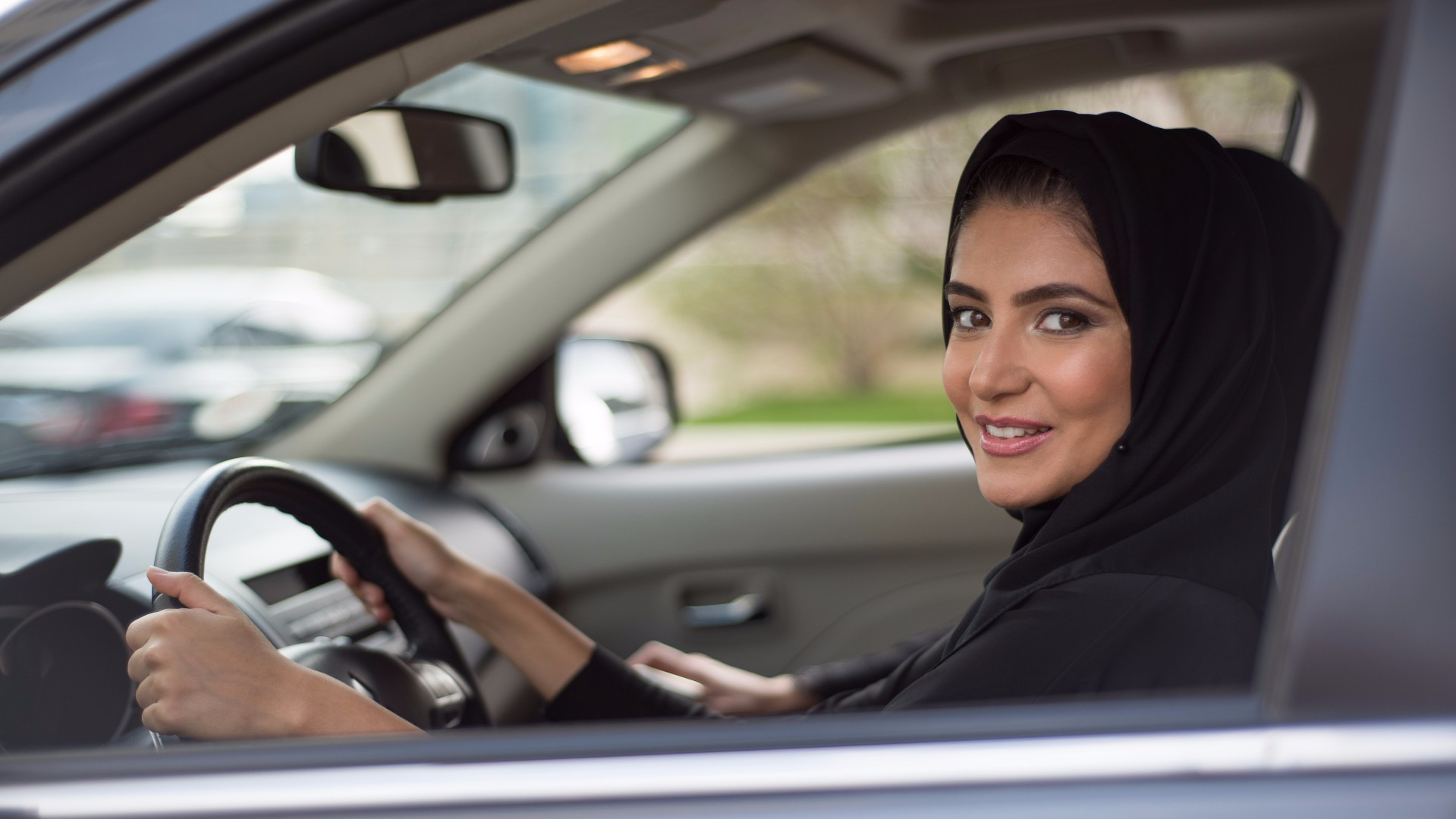In the vast expanse of the Middle Eastern cultural landscape, the issue of women’s rights has emerged as a poignant emblem of societal transformation. The recent strides in Saudi Arabia, particularly the right for women to drive, illuminate the underlying currents that propel social change. This development is not merely a legal alteration but rather a profound reflection of the evolving paradigms concerning gender equity within the kingdom. The Bahá’í teachings resonate harmoniously with this evolving narrative, emphasizing the intrinsic value of women’s empowerment and fostering an environment where equality flourishes.
At the heart of the Bahá’í faith lies the belief that gender equality is essential for societal progress. In this regard, the driving rights for women in Saudi Arabia serve as a metaphorical vehicle propelling the dialogue surrounding women’s liberties and their rightful place in the fabric of a modern society. Just as a car requires fuel to operate, the momentum gained in advocating for women’s rights necessitates an unwavering philosophical foundation that the Bahá’í teachings provide.
Women’s rights in Saudi Arabia, particularly the choice to drive, can be likened to the unfurling of a vibrant tapestry, each thread representing unique struggles and victories. The tapestry weaves together the narratives of countless women who, for decades, have challenged archaic norms, bravely standing at the intersection of tradition and modernity. The Bahá’í perspective asserts that societal advancement hinges on the empowerment of women, which is reflected in the current shifts occurring in Saudi Arabia.
The movement toward female drivers marks a significant moment in history—akin to the dawning of spring after an unforgiving winter. The Bahá’í teachings foster an understanding that true equality transcends mere legal rights; it encompasses the very hearts and minds of individuals and society as a whole. By advocating for the rights of women to assume the wheel of their destinies, the teachings encapsulate an urgent call for both men and women to better understand their shared humanity.
Indeed, Bahá’í scripture elucidates that men and women are equal halves of a single whole. This symbiotic relationship is akin to the dualities of day and night—both necessary for balance. When women are granted the agency to drive, they are not simply achieving a logistical milestone; they are symbolically reclaiming their autonomy in a society that has often rendered them voiceless. In this light, the act of driving becomes a bold statement, an assertion of identity, and a manifestation of newfound rights.
Moreover, the Bahá’í teachings emphasize the importance of education, a principle that underlines the rationale behind the empowerment of women. Educated women are more likely to influence societal norms positively, catalyzing a ripple effect that can transcend geographical and cultural boundaries. As Saudi women take the wheel, their journeys may extend beyond mere transportation; they may inspire others, amplify their voices, and fulfill their potential as leaders in their communities.
In the context of Saudi Arabia, the legal right to drive resonates with the broader movement advocating for women’s rights, reminiscent of waves that spread outwards from a single point of impact. Each woman who decides to embrace this newfound freedom serves as a beacon of hope, illuminating the path for future generations. The Bahá’í teachings parade this concept, highlighting the need for continuous striving towards equity until the scales of justice balance fully.
Transitioning to a more nuanced exploration, one cannot overlook the sociopolitical implications of these advancements. Traditionally, conservatism in Saudi Arabia has operated under a patriarchal framework, often resisting change and modification. However, recent efforts exemplify how progressive ideologies can infiltrate even the most entrenched cultures. Bahá’í principles advocate for moderation—a balance that acknowledges the complexities inherent in cultural shifts while fostering constructive change.
Yet, the journey is fraught with challenges. As women begin to navigate the roads, they encounter both physical barriers—such as traffic regulations and infrastructure—and cultural resistance, manifesting as skepticism from conservative elements within society. The Bahá’í teachings remind us that fostering dialogue and understanding is equally vital in this transformative period. By promoting campaigns for awareness and cultural sensitivity, women’s rights advocates can pave the way for diminished resistance and enhanced acceptance.
The path towards gender equity is often laden with obstacles; however, it is critical to reflect on the progress made thus far. Women in Saudi Arabia are gradually asserting their presence in spheres previously dominated by their male counterparts. This gradual ascension parallels the Bahá’í belief in the vital role women play as agents of societal change—transformative figures who can alter perceptions through their actions and choices.
Ultimately, the narrative of women driving in Saudi Arabia is not contained within the confines of one nation; it serves as a mirror for global movements advocating for gender equality. The Bahá’í teachings, emphasizing unity, education, and empowerment, are universal principles that transcend borders. As women take the helm in Saudi Arabia, they affirm their rights and inspire collective movements for justice and equity worldwide, akin to a powerful current that, once unleashed, cannot be contained.
In conclusion, the act of women driving in Saudi Arabia, informed by Bahá’í values, signifies a broader paradigm shift towards equality and empowerment. It is a reminder that, like the road ahead, the journey for women’s rights is long and intricate, yet fundamentally worth pursuing. By advocating for the rights of all individuals, society itself navigates toward a more equitable future, where every person is free to chart their own course.
